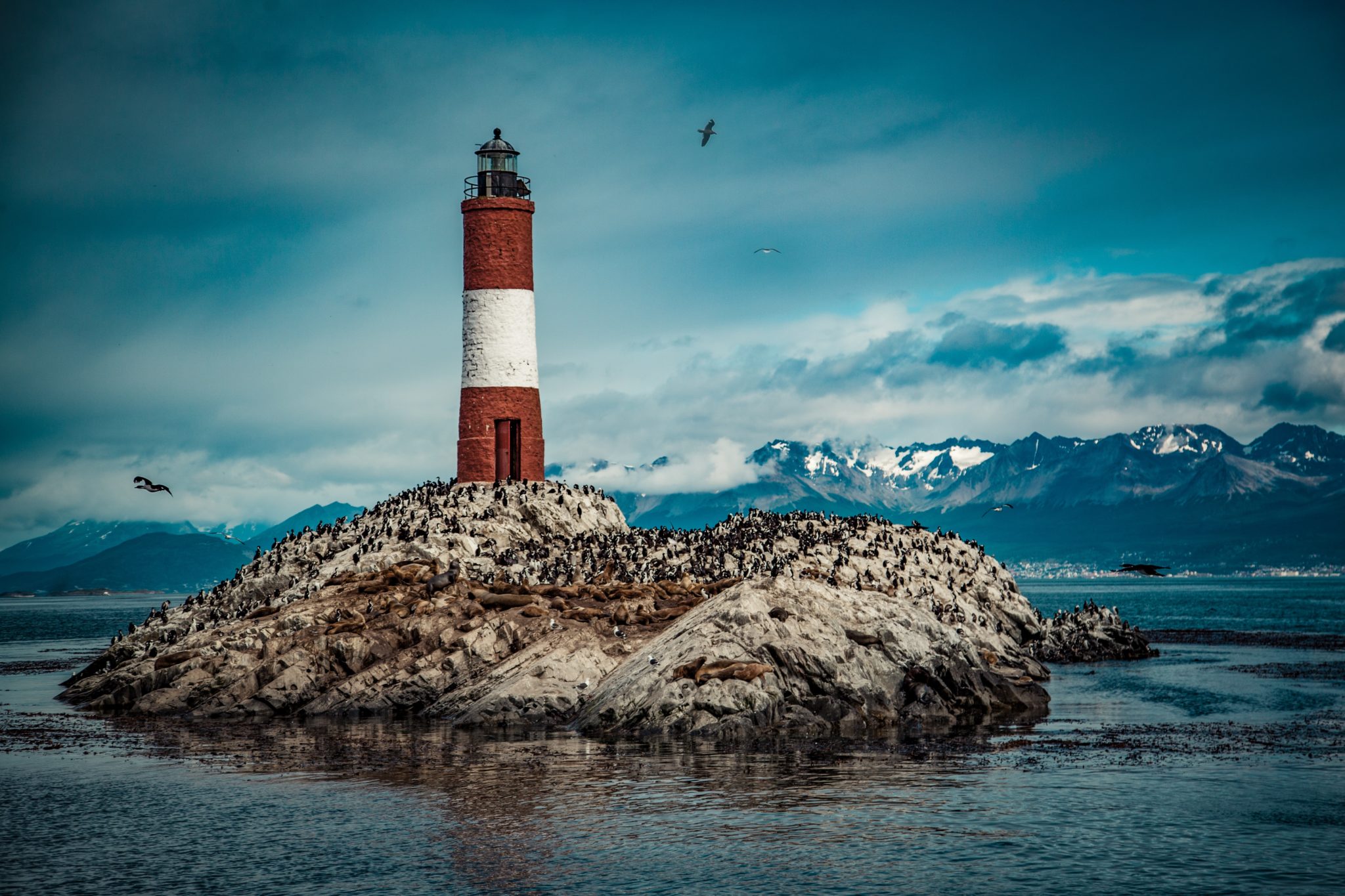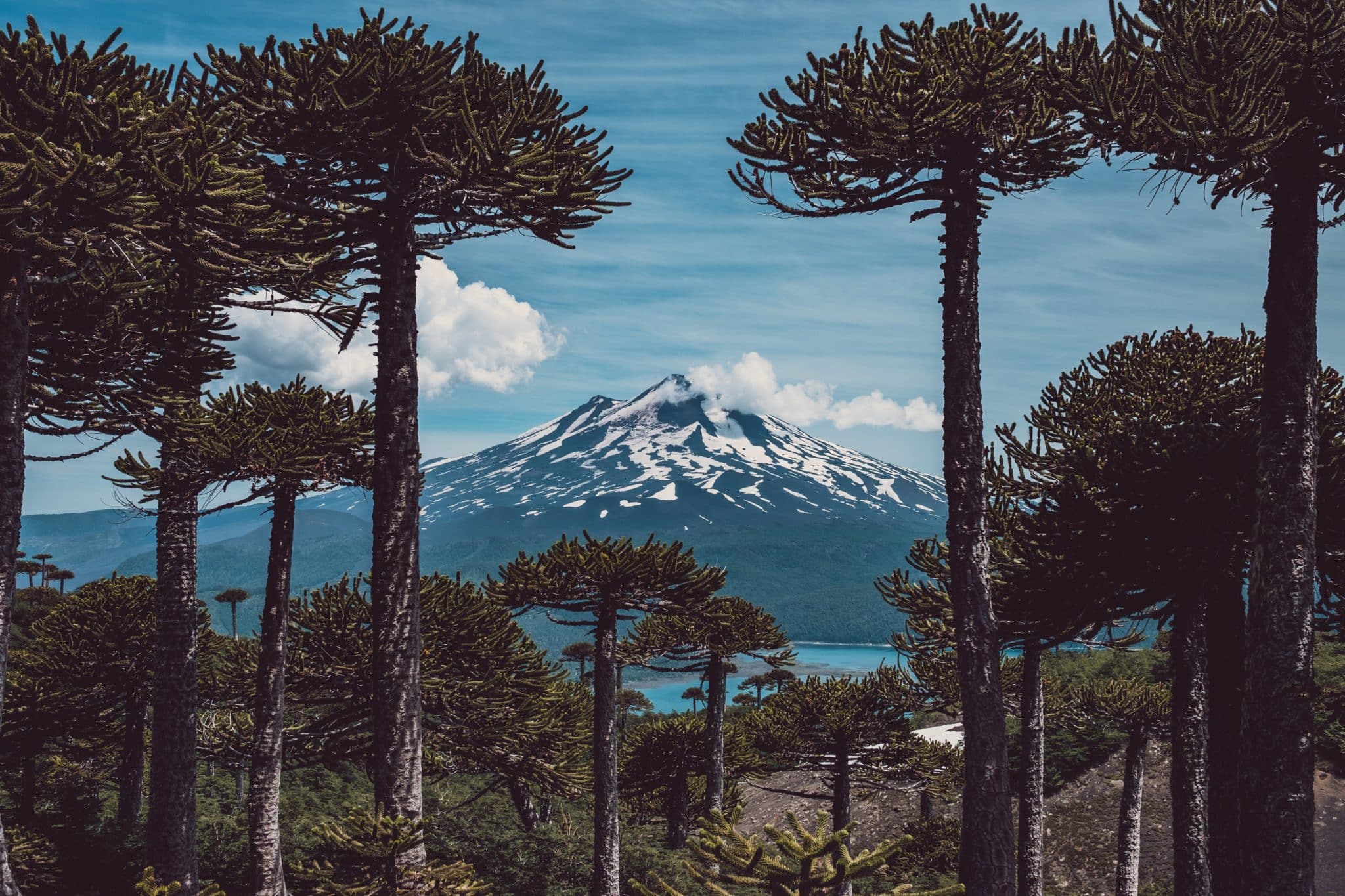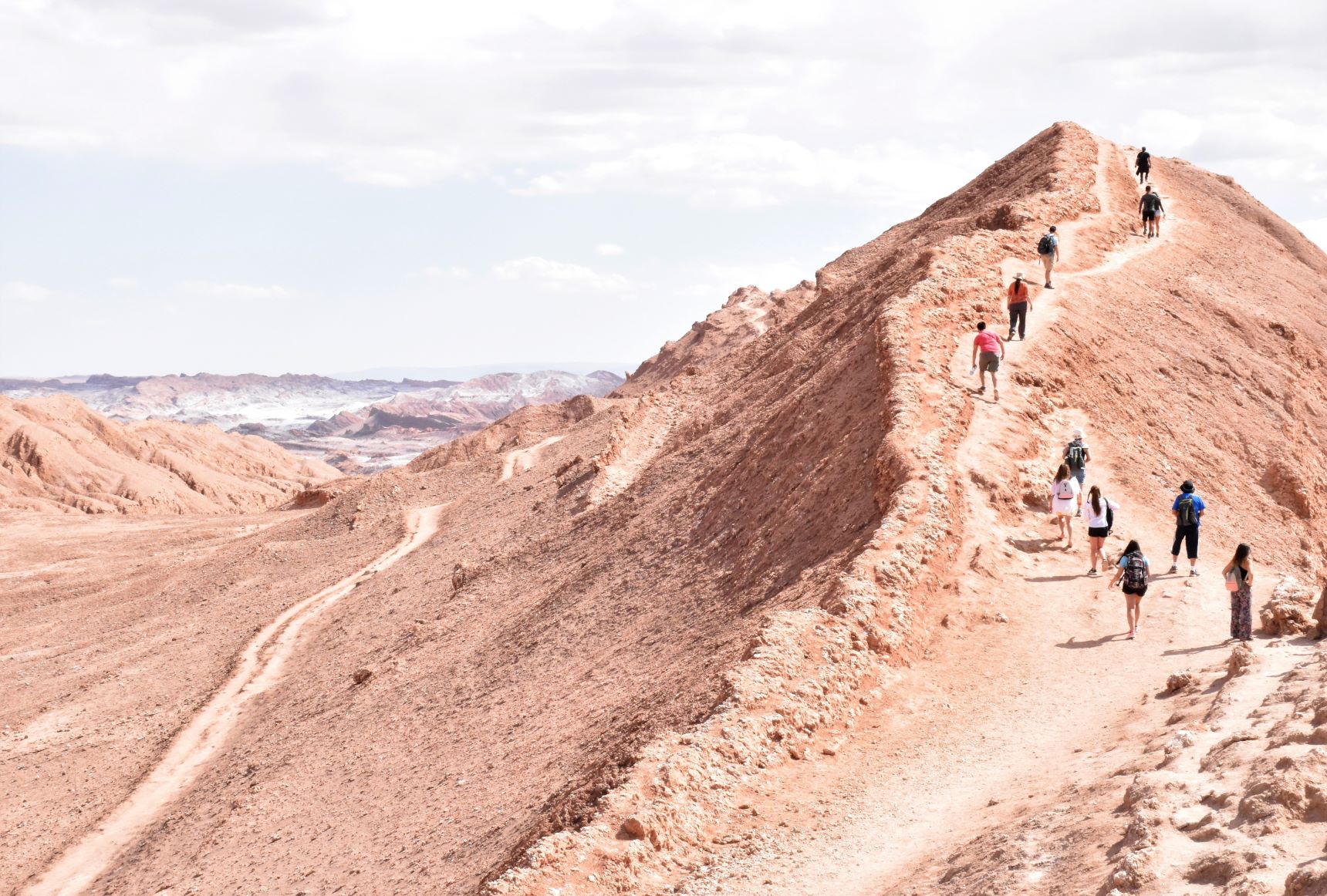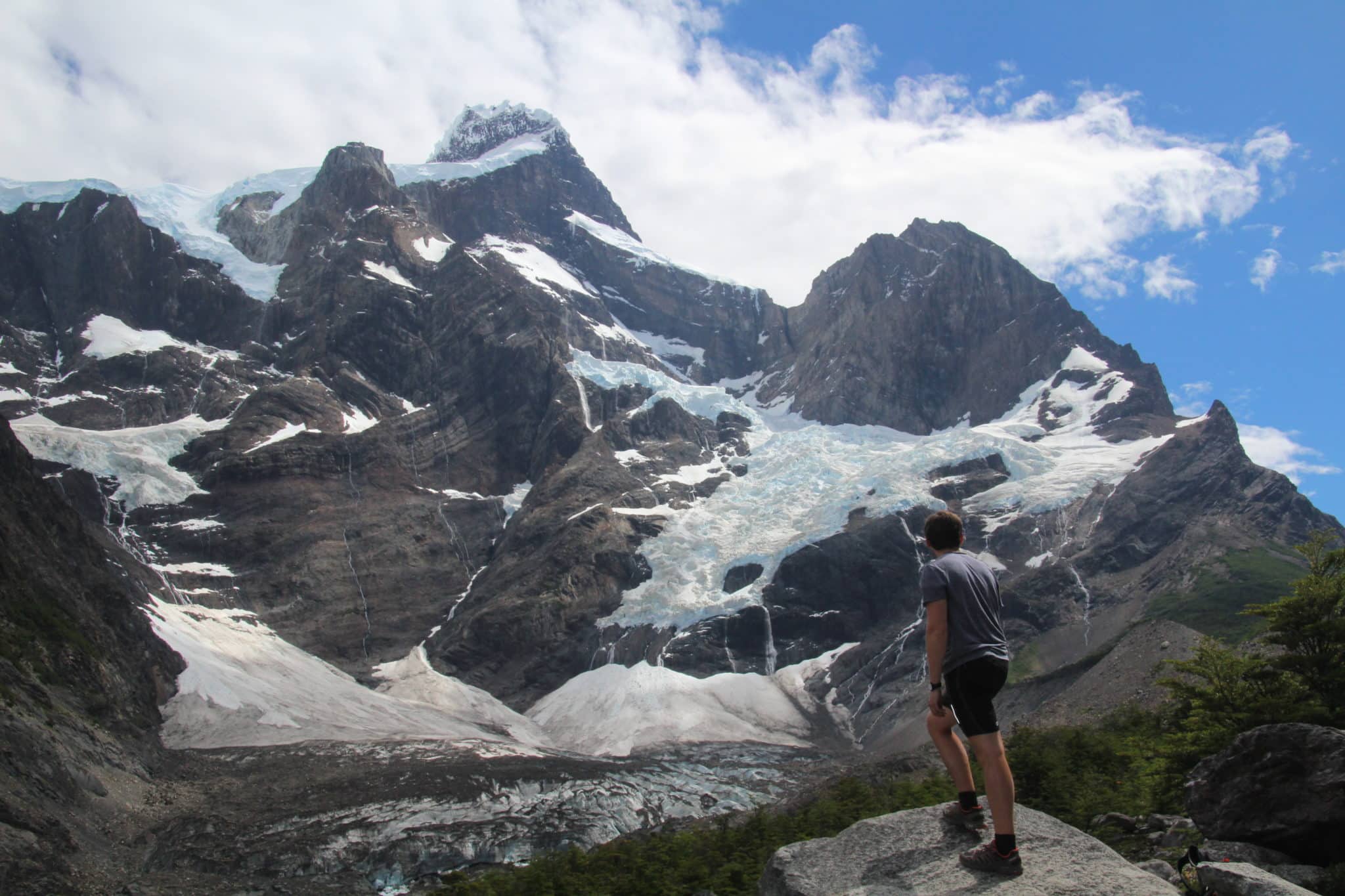This page covers practical information on Chile. Here you will find useful information on travelling to Chile, such as visa, insurance, vaccination, health, travel requirements, currency, language, and security. If you need more information or you have a question, send a message to your travel agent.
We look forward to welcoming you here soon!
American, Australian, British, and Canadian passport holders do not need a visa to enter Chile. A valid passport is sufficient. It must be valid for another 6 months after your return date. You will be given a tourist card valid for 90 days upon arrival. This will be given to you by the PDI (Investigation Police). It is essentialto keep this card in a safe place, as it will be required every time you leave the country (including when you travel to Uyunior Argentina), otherwise you will not be able to cross the border.
There are no specific shots required to enter Chile. As with all international travel, it is recommendedto get vaccinated against tetanus, hepatitis A, rabies and typhoid, and to be up-to-date with routine shots.
There is no malaria or mosquito-borne illness in Chile.
We recommend consulting the CDC Travel Center for Disease Control and Preventions website for medical advice and the vaccination-related modalities for traveling to Chile.
The national currency is the Chilean peso ($ or clp). You can use your credit card in Chile (don’t forget to tell your bank you are traveling abroad as they may block it!). You have to enter your pin upon each payment. Park entrance fees are paid in cash. So, it’s best to always have some cash on you.
Keep in mind, on Easter Island, on the Carretera Austral, as well as in small isolated communities, there are very few (or sometimes no) ATMs. That is why we recommend always having some cash with you. We mention these kinds of recommendations in our itineraries. In big cities and tourist spots, ATMs are found just about everywhere.
You can also go to a currency exchange office to get Chilean pesos. Avoid doing so at airports or hotels. In Santiago, we recommend Pedro de Valdivia Street in Providencia or streets adjacent to the Presidential Palace (Augustinas Street, for example). You should always be very careful before and after doing the exchange as ill-meaning people could try to take advantage of you. Avoid exchanging large amounts of money and walking around with too much cash.
In Chile, expected tips are 10% of the bill in restaurants and bars. It is not mandatory, but it is common and strongly suggested to tip this amount if you have enjoyed your meal and the service. The tip will be suggested on your bill and you will most likely be asked if you want to include it or not.
In northern Chile (particularly in the Atacama Desert and in the Altiplano or Bolivia), you may experience altitude sickness and symptoms such as headaches, nausea, or difficulty breathing. This is called Soroche, altitude sickness, which may occur from 9,800 ft of elevation and up. In order to limit the adverse effects of altitude when traveling in the country, avoid drinking alcohol 24 hours before increasing in elevation and drink plenty of water on a regular basis. Chewing dried fruit can also help.
You should avoid running, and we advise that you keep a slow pace during your journeys. To encourage natural acclimatization, we organize our trips taking into consideration progressive increases in altitude on the tours.
To relieve the pain, you can take aspirin and enjoy infusions of coca leaves!
Before going to Chile, it is always best to schedule a check up with your doctor, who may also prescribe pills for acclimatization.
Electronic devices (such as phones and cameras) and appliances need an adapter to plug into Chilean sockets. Chilean sockets are C-type but the L-type is also used. You can either buy an adapter before arriving to Chile or purchase one here. Adapters can be found in supermarkets or specialty stores. The voltage is 220 V and the standard frequency is 50 Hz.
Chile is not located in the same time zone as Europe or the United States. To be exact, the time in Chile is UCT//GTM -3h in northern summer. And -4h in northern winter On Easter Island, the time zone is different than in continental Chile (in general 1 or 2 hours less). And in Patagonia, there is no daylight saving time (which starts in April and ends in September).
For Montreal, there is about a 1-hour difference almost all year round with the exception of a few months in the autumn mid-season.
If you rent a car in Chile, there are a few rules to know. For example, it is mandatory to have your headlights on outside the cities, even in the middle of the day. Another important thing to know (for Europeans, at least) is that traffic lights are often on the other side of the intersection, as in the United States. Be careful not to stop in the middle of the lane!
The international driver’s license is not mandatory in Chile (or Argentina) for tourists.
Road infrastructure is generally well developed and in good condition. Driving in Chile is like driving in France or in the US, with traffic jams in Santiago, country roads, and mountain trails.
Note: Chilean highways have a toll. Around Santiago, there is an automatic system related to the car (which functions thanks to a small fixture called TAG) and in the rest of the country, you must pay in cash directly at the toll booth.
In Chile, the country code required to place a call is +56.
Important numbers:
In Chile, tap water is safe everywhere. Some do not find it very appetizing in remote villages; it is up to you to taste it and see if it agrees with you. It often contains a high concentration of minerals, which may lead to stomach pain. We recommend bringing a filter bottle for itinerant trekking.
Because using your roaming data may be very expensive or unreliable, we recommend buying a prepaid Chilean sim card. For optimal coverage throughout Chile, prefer an Entel sim card, which can be easily found everywhere (airports, train stations, metro stations, etc.). Small budgets will also opt for the low-cost operator WOM, which offers 1Gb at lower prices but with a smaller coverage. Prices are around 5,000 pesos for 1 Giga or 60 minutes. For 1 Giga of 4G mobile data, prices are estimated between 3,000 and 5,000 pesos.
Chile is a beautiful country but also one of the most expensive in South America. According to Lonely Planet Guidebook , a trip to Chile costs more than a trip to Peru, Bolivia, or even Brazil. Prices in Chile are comparable to those of European capitals such as Madrid.
There is no standard budget for a trip to Chile. We usually estimate that a breakfast costs around 8 USD, a typical lunch would be 15/17 USD and you will probably spend at least 20 USD per person on dinner.
To find out how much a trip to Chile costs,we recommend you read our blog article dedicated to this topic.
Compared to its neighboring countries, Chile is very safe to travel to. Exceptions exist, as in any other country, mainly in the city center of big cities such as Santiago, Valparaiso, and Calama, or in slums. It is recommended to avoid walking alone at night in those specific areas and to not leave any valuable items in the car. As with any other destination, it is useful to have photocopies of your official documents in case of loss or theft.
Moreover, urban crime increased following the protests related to the social crisis of October 2019. For that reason, we do not recommend long-term stays in the capital. Keep in mind that the historic city center suffered some damage and deterioration, so it is no longer as appealing to wander around the center anyway. Although a visit to the city center is not dangerous, we recommend going with one of our guides, who can help you understand the complexity of the social crisis that the country is going through. In addition, we also suggest listening to our podcast recommendations, some of which are related to this topic.
International travelers should consider notifying their respective embassy of their presence.
Chile is 3700 miles long and has a multitude of different climatic zones. For detailed information regarding the best season to visit Chile, read our related blog post.
It’s important to mention that, in Chile, seasons are opposite those in the Northern Hemisphere.
As far as natural disasters are concerned, it is true that Chile experiences significant seismic activity. In fact, Chile is located at the junction of 2 tectonic plates: the Nazca plate and the South American continent plate. The oceanic plate slides a few centimeters under the continental plate every year; this is called the subduction phenomenon. Nevertheless, modern architecture has adapted to withstand seismic tremors. The last two notable earthquakes occurred in 2010 and 2015.
In the event of a major earthquake, the usual recommendations are as follows: open the doors, position yourself under a table or in a door frame, and stay away from the windows. If you don’t have any of these fixtures in your immediate surroundings, lie on your stomach beside your bed and place your hands over your head to protect it. Rest assured, though, for the 5 years we have been living here, none of our team members have had to practice these security measures!
Yes ! When traveling, it is necessary to have medical insurance to cover your medical expenses and possible repatriation in case of an accident. It is important to have insurance that covers your possible hospital expenses. Private clinics, doctors, and hospitals expect payment in cash, paid upfront, regardless of whether you have travel health insurance. Modern facilities in Santiago, like the ones of Clinica Las Condes, provide excellent service, but it is costly. So, keep this risk in mind.
It is also recommended to have a comprehensive travel insurance, which covers cancellation, medical evacuation, and a wide range of risks. You will find a list of insurance companies on the US State Department website (www.state.gov).
Remember, your travel with TravelCoachChile doesn’t include any insurance. You are responsible for obtaining your own insurance coverage.
The best way to organize a trip to Chile is to call your travel agent at TravelCoachChile. By choosing our agency, you are guaranteed a seamless trip, and we will provide all the practical information necessary for a wonderful trip to Chile.
Nevertheless, for historical information, a guidebook can be a useful and interesting complement to the documentation we provide you. In this case, we recommend the Chile Handbook, published by Footprint, and the guide on Chile published by Lonely Planet, both of which are more focused on practical aspects. That’s why we suggest watching documentaries on Chile or reading novels, so that you can immerse yourself in the culture beforehand.
Don’t worry if you don’t speak Spanish! All of our travelers have survived, even without speaking the local language! On the street, it’s unlikely that a passerby will be able to help you in English, but Chileans will probably do everything they can to assist you anyway.
In tourist areas, speaking English is more frequent. Luxury hotels usually have an English-speaking staff, whereas mid-range hotel staff will manage speaking basic English. In rustic or family-run accommodations, the staff will most likely only speak Spanish. However, there are many ways to communicate, and we are convinced that this will in no way be a roadbump on your journey.
We work with English-speaking people all over Chile, and we have plenty of English-speaking guides who will accompany you during your visit.
Finally, in our welcome guide, we include a lexicon, so that you have access to the key words and phrases necessary to survive.
Read testimonials A very friendly travel agency, available and attentive ! We appreciated the first contact and the customization at early stage of travel planning. Our best memory? Without a doubt Salar de Surire, a unique moment
